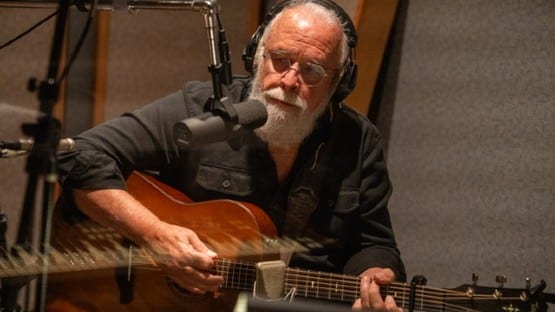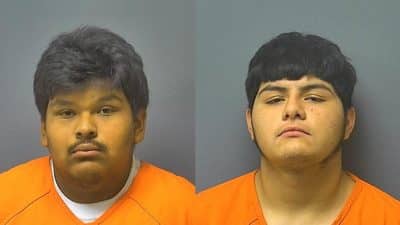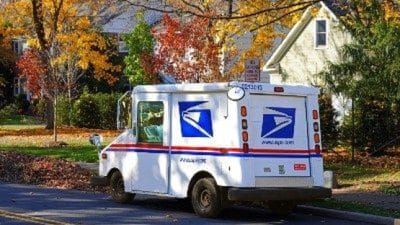
[email protected]
I call it The Wilder Effect. Doug Wilder was up nine points in the pre-election polls in his 1989 gubernatorial race with Marshall Coleman in his bid to become the nation’s first elected African-American governor, but in the poll that counted on Election Day he won by less than half a percentage point.
If you’re from L.A., you call it The Bradley Effect to describe why former Los Angeles mayor Tom Bradley lost his 1982 governor’s race to George Deukmejian despite having a solid lead heading into Election Day. The 1989 New York mayor’s race between David Dinkins and Rudy Giuliani has New Yorkers referring to it as The Dinkins Effect. However you term it, there’s something noticeable in the trends of voters telling pollsters that they’ll vote for an African-American candidate, then failing to follow through.
Will it happen in 2008 with an African-American running for president? We won’t know for sure until Nov. 4, but Barbara Lee, an African-American Augusta County resident who has been canvassing for Barack Obama in Greater Augusta, thinks she has seen evidence of The Effect already.
“We have people say, We just can’t vote for him. And we know what that is. We’ve got to get over that. We’ve got to let that past just go,” said Lee, offering a hopeful spin on The Effect in Virginia, which might very well be the swing state in the ’08 election between Obama and John McCain.
That said, Obama did do well, quite well, actually, in Virginia in the Feb. 12 Democratic Party presidential primary – winning 63 percent of the vote in the Dem primary and actually pulling more votes statewide than the two Republican candidates on the GOP ballot that day, McCain and former Arkansas governor Mike Huckabee, combined. Bridgewater College political-science professor Jim Josefson looks at those numbers and compares them to Obama’s numbers in states with higher African-American populations like Tennessee and Texas and surmises that any Wilder Effect might be lessened to a point of not being a factor.
“We saw a lot of evidence for what some political scientists call the racial threat hypothesis. That is an attempt to try to explain, Why is it that Obama does so well in Virginia, and does really well in Mississippi and New York, but does much less well in a place like Tennessee or less well in Texas?” Josefson said. “There are fewer African-Americans as a percentage of population in Virginia than in Tennessee or Texas, so people in Virginia are much less threatened by the racial issue. It’s not as salient for them, and therefore not as vital a cue for them in evaluating candidates. It’s in places more like Texas that have enough African-Americans such that the majority group feels somehow threatened, and it’s in those areas where race is a much more salient cue for people’s evaluations in everyday life. So people in those places were much more likely to view Obama negatively and then vote for Hillary Clinton.”
Christopher Newport University political-science professor Quentin Kidd thinks more like Lee that there could be another Wilder Effect in Virginia in November. “Where you’re going to see it in November is in the Southern states. The question is, Is Virginia a Southern state? It’s sort of a rim state, a border state. So is Virginia more like other border states where you might see this take place? I tend to say no. But Obama’s only up by a point in the polls in Virginia right now. And it wouldn’t take much of a race gap in a plus-one or plus-two situation to turn Virginia,” Kidd said.
Obama is up a point in the latest poll conducted in Virginia by Rasmussen Reports. McCain held a similarly statistically insignificant one-point edge in a Survey USA poll released earlier this week. Which is to say, it’s razorthin, and even if, as Kidd points out, “Virginia is a different place today than it was 20 years ago,” we’re only talking a point or two making a difference.
“In a race that might be a one-point race, really small can be really big,” Kidd said.










